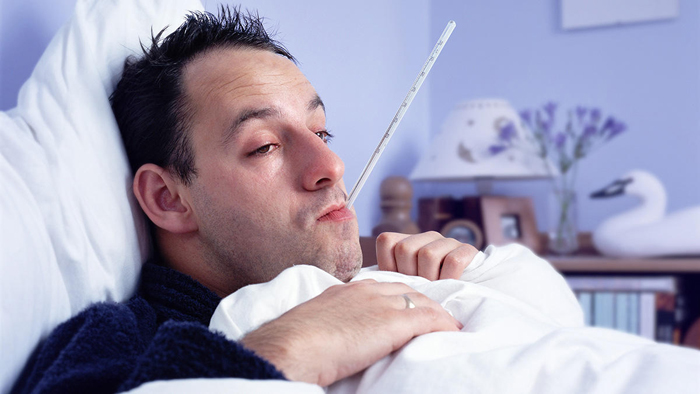After five days, nearly one-third (29 percent) of participants showed symptoms of a cold — namely a runny nose.
People who got less than 6 hours of sleep per night the week before they were exposed to the virus were about four times more likely to catch a cold, compared to those who got more than 7 hours of sleep a night that week, the study found.
The findings are the first to show that objectively measured sleep "serves as a predictor of cold susceptibility," the researchers said. [7 Absolutely Horrible Head Infections]
Previous studies have found a link between too little sleep and the risk of catching a cold, but those studies asked participants to self-report their sleep habits, which the individuals might not have remembered correctly.
The findings also provide another reason why sleep is important for health, the researchers said.
"Short sleep was more important than any other factor in predicting subjects` likelihood of catching a cold," study researcher Aric Prather, an assistant professor of psychiatry at the University of California, San Francisco, said in a statement. "It didn`t matter how old people were, their stress levels, their race, education or income. It didn`t matter if they were a smoker. With all those things taken into account," short sleep duration was still linked with a greater risk of catching a cold, Prather said.
It`s thought that too little sleep affects the immune system, but future studies are needed to determine the exact reasons behind the link, and whether the findings apply to other populations, such as older adults, the researchers said.
In addition, more research is needed to determine whether interventions to increase sleep duration actually protect people from getting a cold, the researchers said.
Despite the new findings, people may still be reluctant to get more sleep, Prather said.
"In our busy culture, there`s still a fair amount of pride about not having to sleep and [instead] getting a lot of work done," Prather said. "We need more studies like this to begin to drive home that sleep is a critical piece to our well-being."
The study is published in the September issue of the journal Sleep.
More about:
















































